
- Book extract
- Book extract
A doctor, his community and coronavirus
Reflecting on his experiences during the Covid-19 pandemic, GP Gavin Francis vividly recalls a home visit to a man stricken with breathing difficulties.

- Book extract
- Book extract
Surviving the storm of postnatal depression
Emma Jane Unsworth lays bare the despair of postnatal depression and shares her route to recovery.

- Book extract
- Book extract
The history of brainwashing
Is it possible to control what other people think? In this abridged extract from his book ‘Brainwashed’, psychoanalyst and historian Daniel Pick offers us a new history of thought control.

- Book extract
- Book extract
“Above resistant pavements, I floated”
In this extract from ‘Living with Buildings and Walking with Ghosts’, walk with Iain Sinclair through the streets of London.
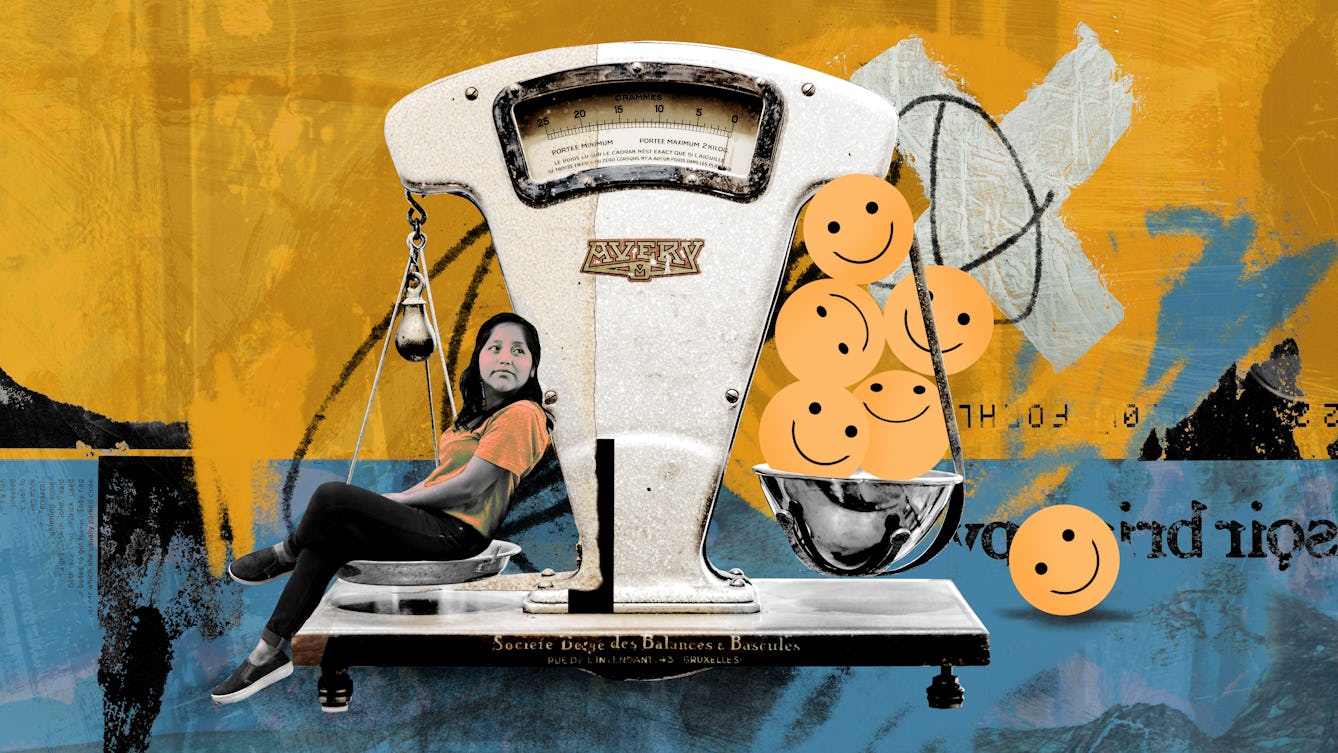
- Book extract
- Book extract
The meaning of happiness
What is happiness? Tiffany Watt Smith charts how its definition has changed over time, from chance emotion to something that can be measured and controlled.
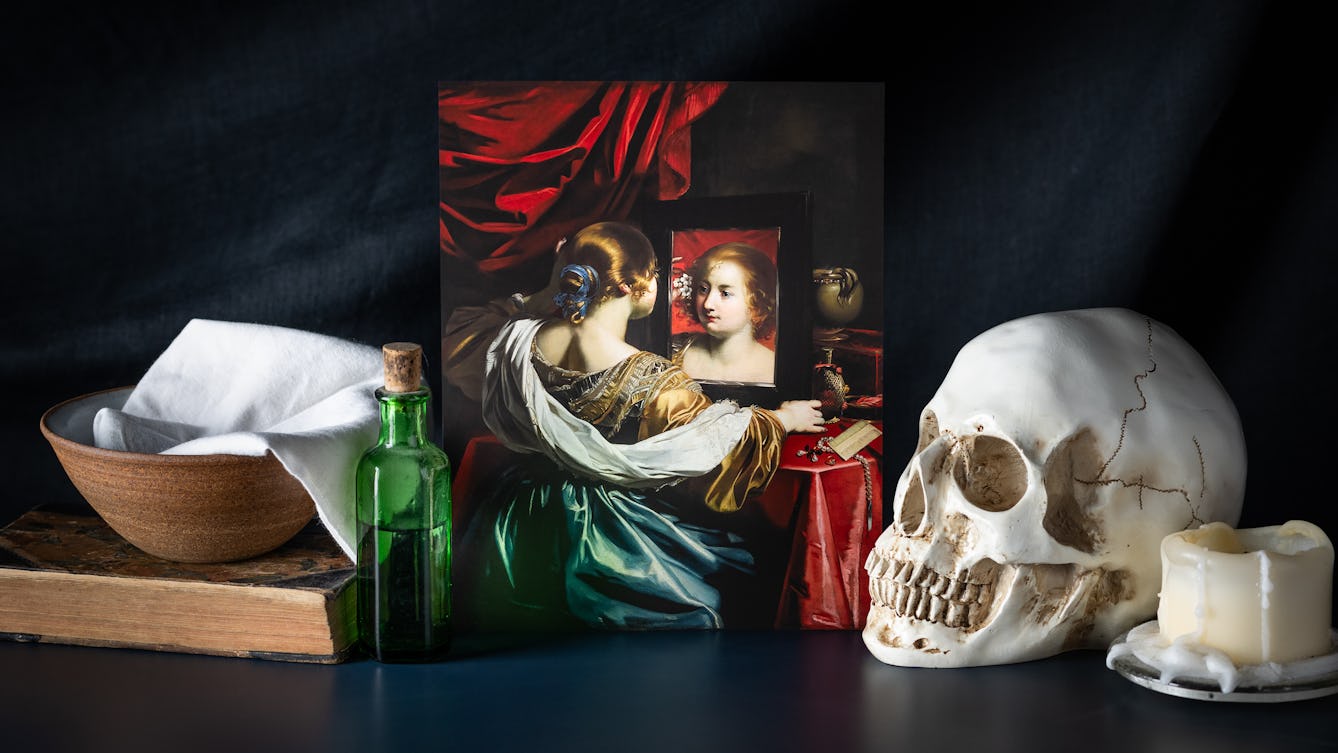
- Book extract
- Book extract
Renaissance women and their killer cosmetics
In this extract from ‘How to be a Renaissance Woman’, Jill Burke delves into a complex world of beauty products, poison and patriarchy – and reveals the impossible contradictions of femininity faced by 16th-century women.

- Book extract
- Book extract
Winter blues and the story of SAD
In ‘Chasing the Sun‘ Linda Geddes reveals why for some people, winter is literally depressing, showing how we first came to recognise seasonal affective disorder (SAD).
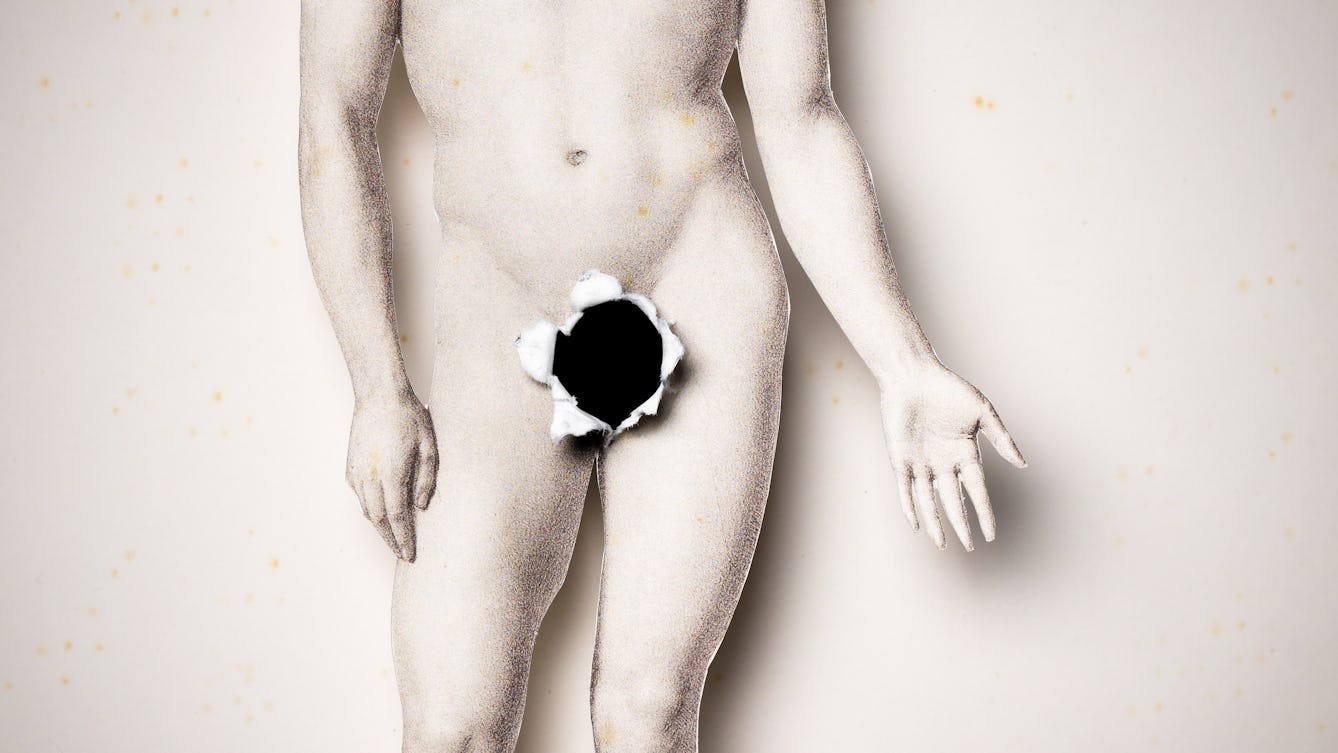
- Book extract
- Book extract
The castration effect
Discover how testosterone – or the lack of it – affects the male body, from eunuch slaves to castrato singers, and on to hormone reduction in modern prostate cancer treatment.

- Article
- Article
Ayọ̀bámi Adébáyọ̀’s prescription for writing
The Wellcome Book Prize shortlisted author of ‘Stay With Me’ answers five questions on health, inspiration and storytelling.
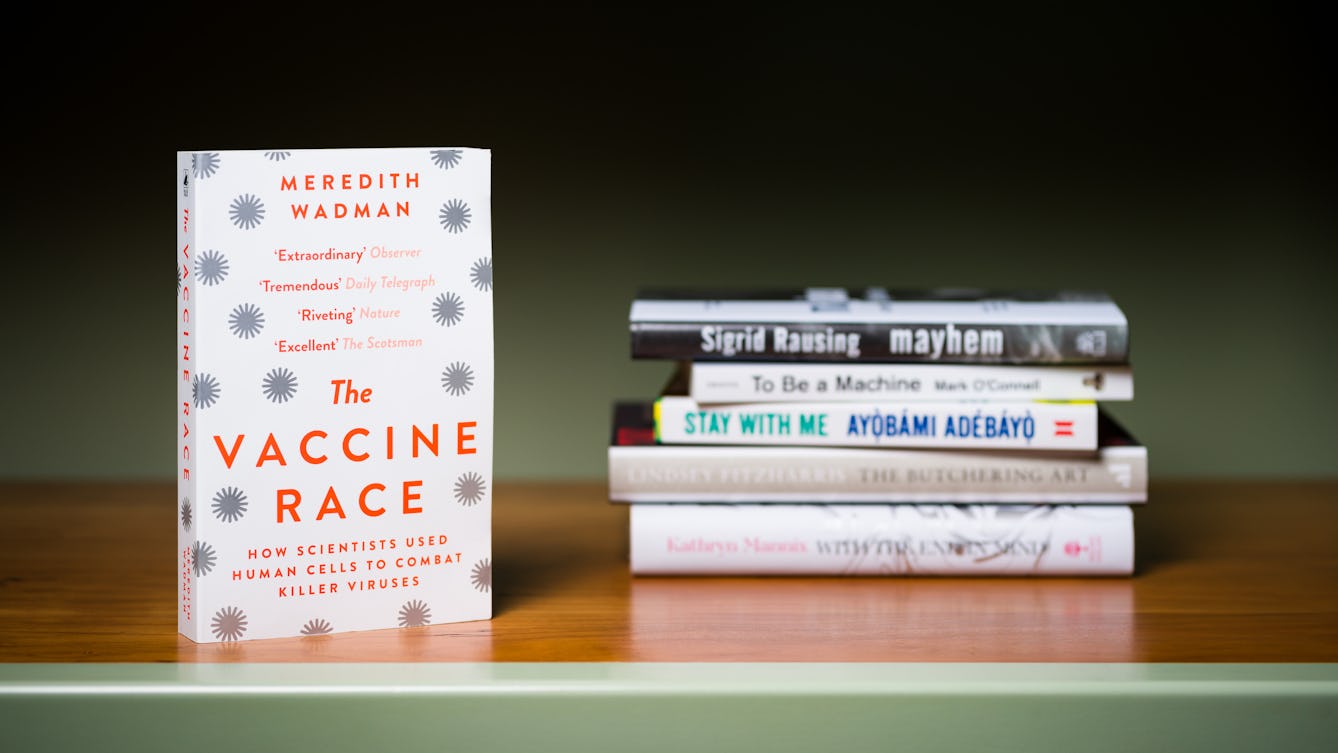
- Article
- Article
Meredith Wadman’s prescription for writing
The Wellcome Book Prize shortlisted author of ‘The Vaccine Race’ answers five questions on health, inspiration and storytelling.
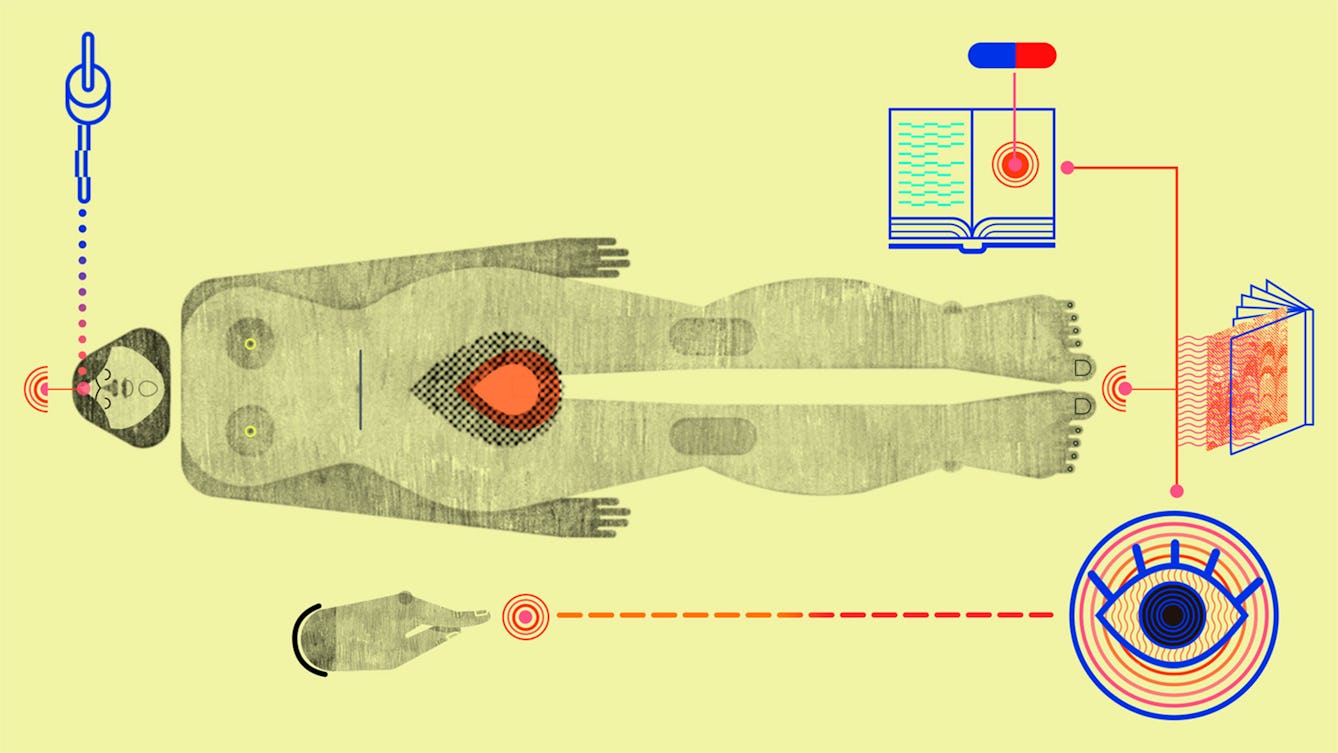
- Article
- Article
Acid and the sexual psychonauts
How LSD fuelled one woman’s journey of sexual self-discovery in the late 1950s.
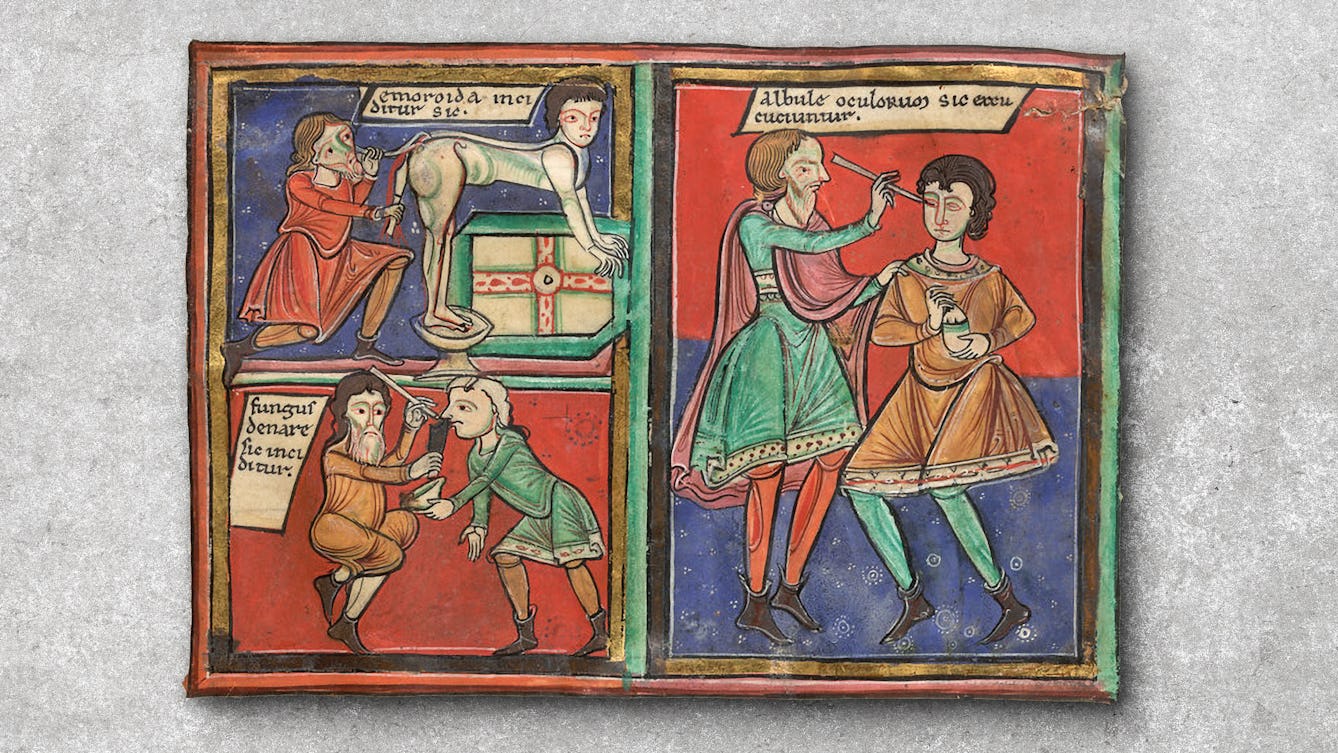
- Article
- Article
Revelations of blindness in the Middle Ages
Medieval texts, from Islamic medical treatises to Christian books of miracles, reveal surprisingly varied and complex experiences of blindness. But when medieval scholar Jude Seal experienced visual impairment themselves, they gained an even deeper understanding of the lives they were studying.
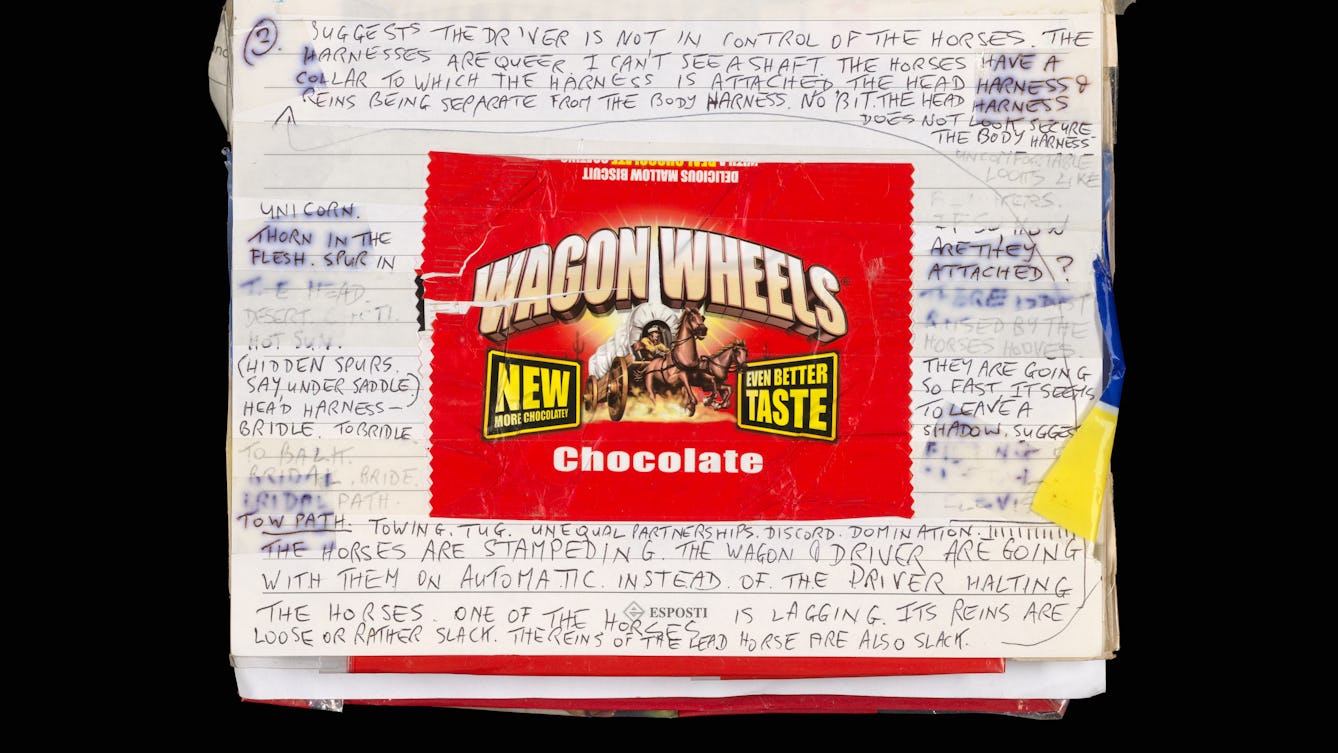
- Article
- Article
Cataloguing Audrey
Work begins in earnest to restore order to the archive Audrey Amiss kept of the minutest happenings in her life. Like detectives, the archivists search for subtle clues to chronology in the mass of materials.

- Book extract
- Book extract
Tracing the roots of our fears and fixations
Kate Summerscale explores the history of our anxieties and compulsions, and the new phobias and manias that are always emerging.
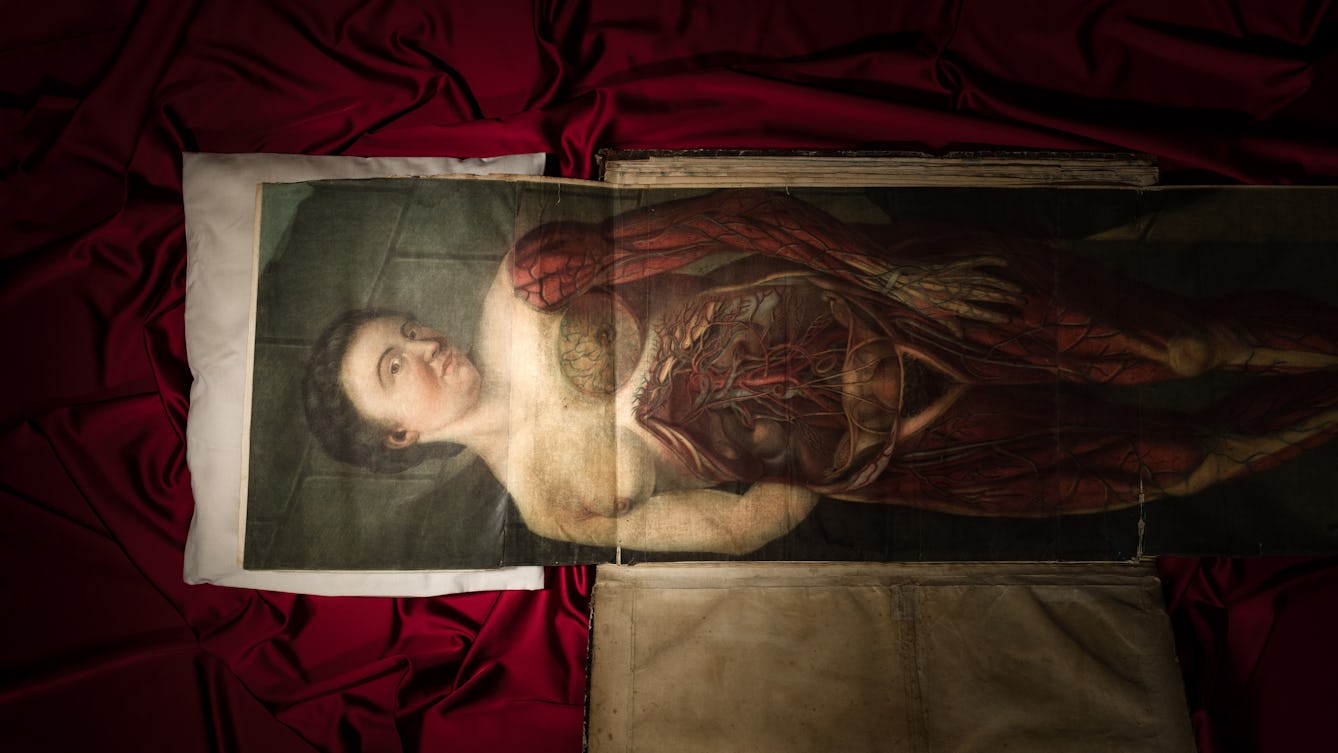
- Article
- Article
Printing the body
The 18th century saw multiple technical developments in both printing and medicine. Colourful collaborations ensued – to the benefit of growing ranks of medical students.
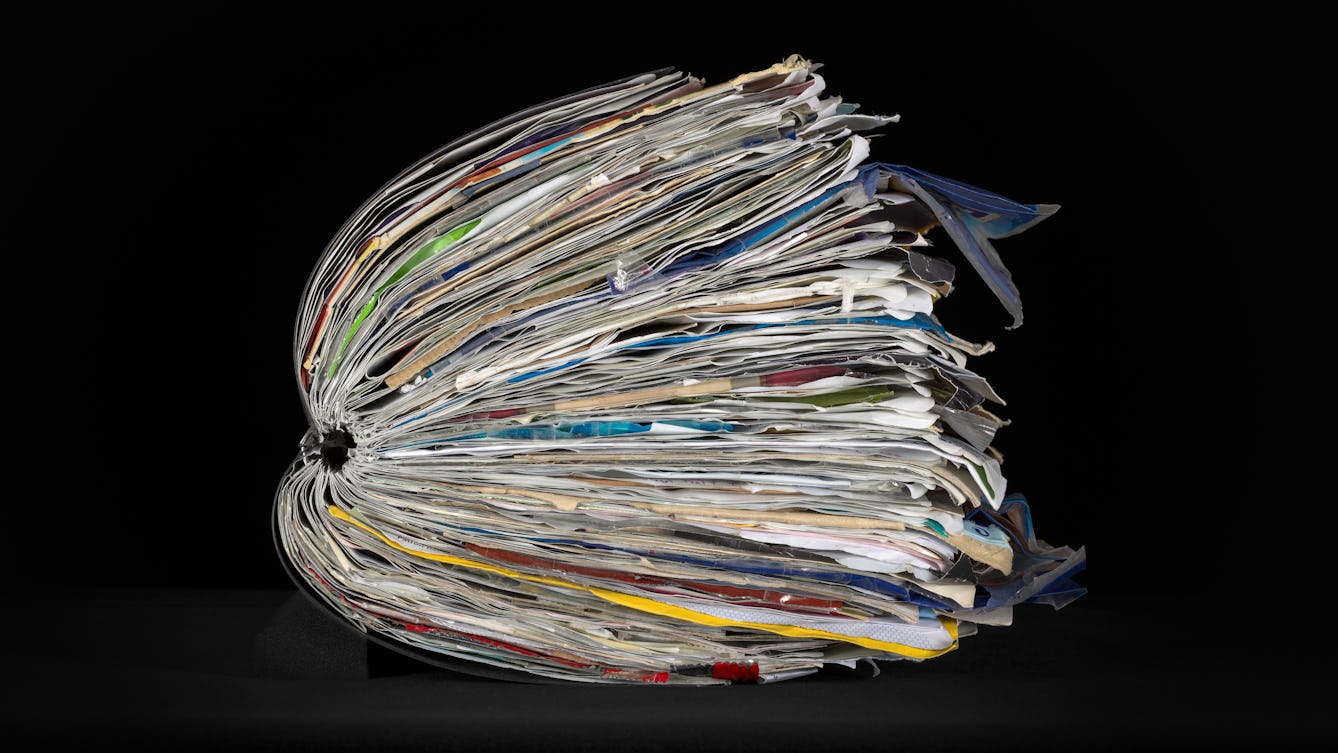
- Article
- Article
Who was Audrey Amiss?
Elena Carter introduces the vast collection left behind by artist Audrey Amiss, who documented her life in astonishing detail.

- Article
- Article
The meanings of hurt
In the early modern period, gruesome incidents of self-castration and other types of self-injury garnished the literature of the time. Alanna Skuse explores the messages these wounds conveyed.
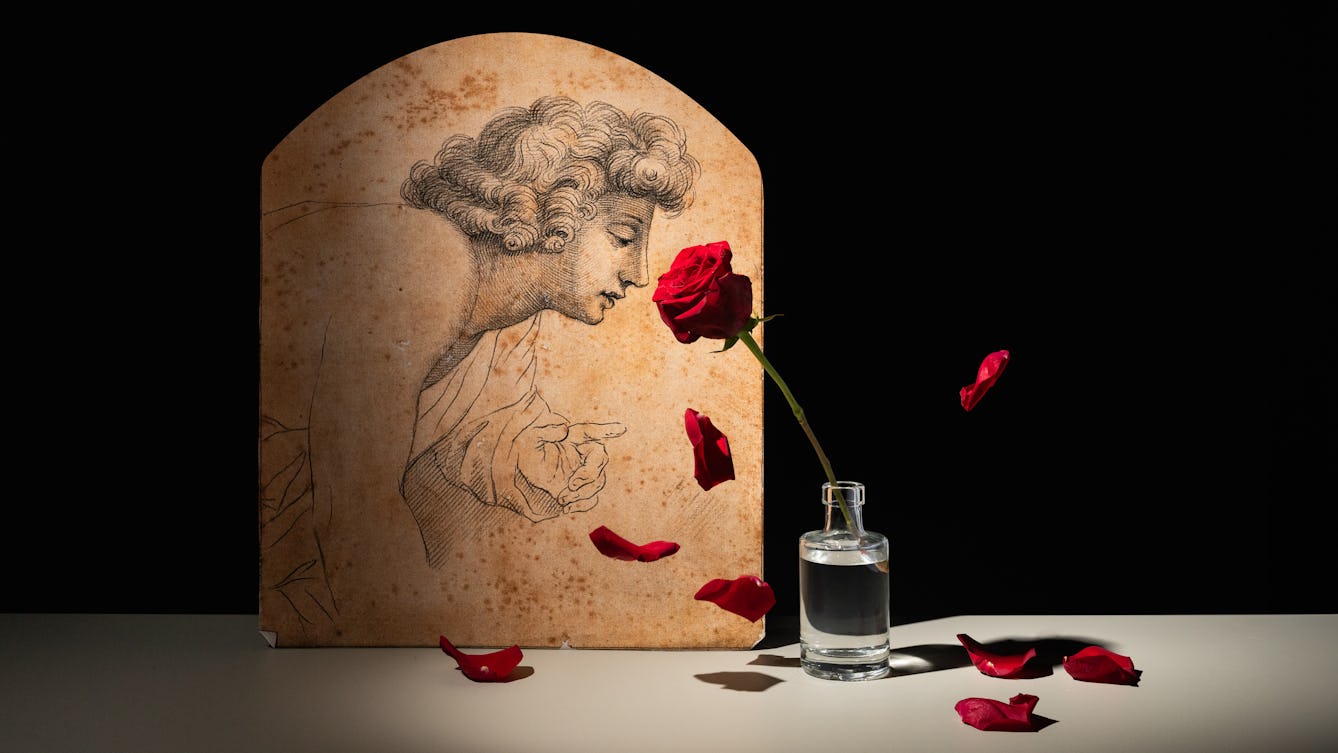
- Article
- Article
What the nose doesn’t know
Losing her sense of smell for over a year motivated Stephanie Howard-Smith to sniff out the history of treatments for this unsettling condition.

- Article
- Article
Chronic illness and the pressure to get well
When she was ill, Naomi Morris assumed she was on a straightforward journey from sickness to health. But what if our experiences of mental distress and ill health aren’t that neat?

- Article
- Article
Writing in remission
Reading the writings of the lifelong hypochondriac Jacques Derrida during lockdown, Brian Dillon realises his own health anxiety has become unusually subdued.

- Article
- Article
Active pensioners, blooming gardens
To reach your 70s with over 300,000 Twitter followers or running a music festival is not the stereotypical image of retirement. But does this energetic engagement with life equal happiness?

- Article
- Article
The hidden history of homesickness
Gail Tolley delves into the history of homesickness and discovers that its rich past holds a clue to how we view the experience today.
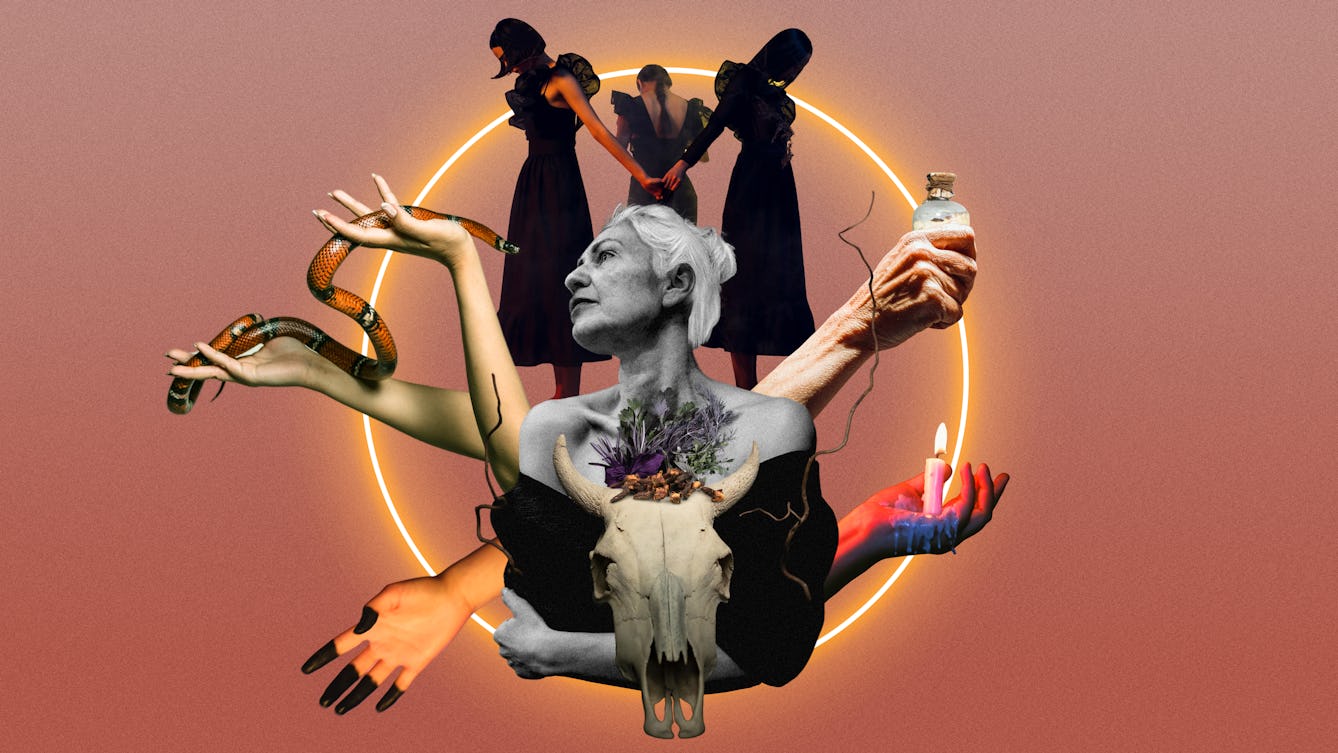
- Article
- Article
Witches
Many of the women persecuted as witches in the 16th-century “witch craze” were over 50 and exhibited signs of menopause. Helen Foster suggests that the stigma of the wicked witch still affects older women and how they deal with menopause.
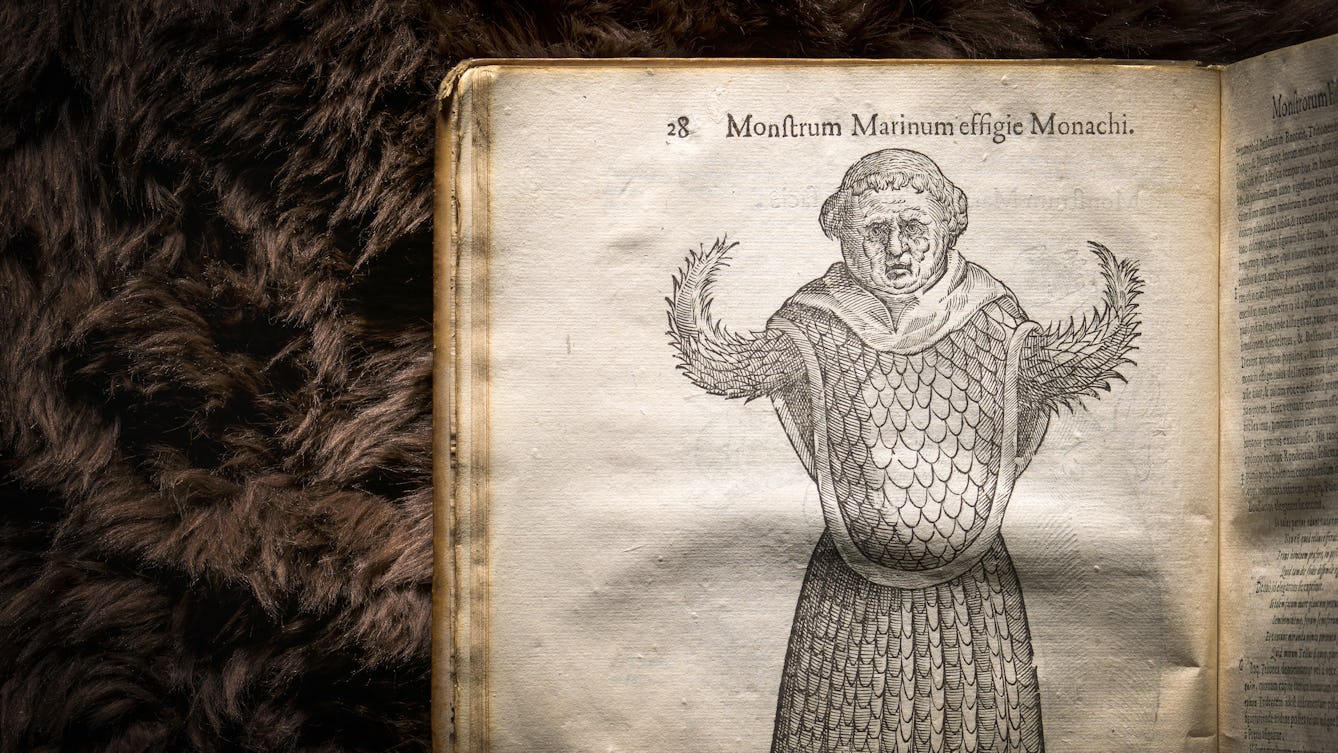
- Article
- Article
Fantastic beasts and unnatural history
Find out how a 17th-century compendium of the natural world came to present fantastical beasts –like dragons – as real, living creatures.

- Article
- Article
Digitising Audrey
Building digital images of what Audrey created means that her work can be frozen in time – for the digital version, at least, the process of decay is halted, and any number of people can view it without the risk of damaging it.